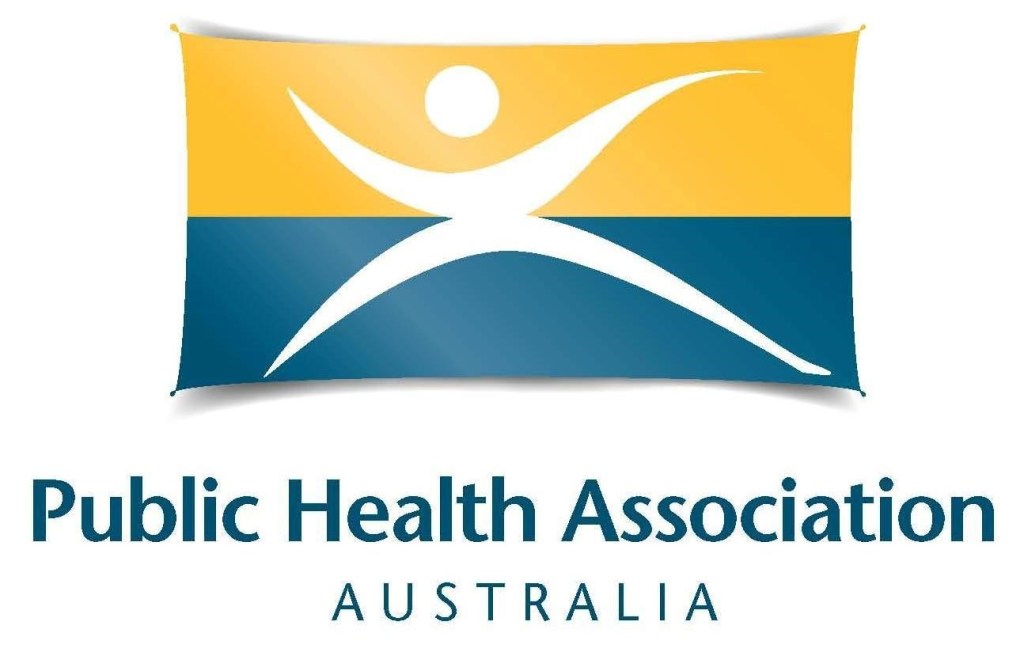Melanie Parker – PHAA intern
Earlier in 2021, there were multiple reports on various outbreaks of sexually transmitted infections in Australia. This included a syphilis outbreak in Melbourne, and ongoing outbreaks of gonorrhoea and chlamydia in Mackay, Queensland. Despite the current global pandemic and subsequent social distancing requirements, STIs continue to slowly infect individuals in various countries, with studies showing ongoing new diagnoses of syphilis and gonorrhoea, albeit with a lower prevalence compared to prior to the COVID-19 pandemic.
However, another concerning aspect of these outbreaks, is the potential for the development of drug resistant STIs. These antibiotic-resistant organisms have already been occurring across the world, including in Australia, with the recent identification of multi-drug resistant gonorrhoea. These multi drug-resistant infections, or ‘superbugs’ can have long-lasting impacts on individuals through chronic pain, infertility and other conditions.
Superbugs develop through antimicrobial resistance occurring in viruses, fungi, protozoa and bacteria as they adapt and change over time. They do this naturally, but different factors can increase the rate at which this occurs, such as misuse of the treatment drugs. When antimicrobial resistance occurs, the diseases that are caused by these microbials are no longer easily treated, and drugs can even end up not having any effect at all.
All hope is not lost, however. Globally, ways to reduce the potential impacts of antimicrobial resistance, through mechanisms like the AWaRe program, antimicrobial stewardship, and development of new antimicrobials.
WHO AWaRe program:
The WHO’s AWaRe antibiotic classification system is designed for countries to use, to ensure effective antibiotic usage, by advising on the appropriateness of different classes of antibiotics for different situations. Here is an overview of the AWaRe classification:
‘Access’ Antibiotics:
- Low potential for antimicrobial resistance
- Good treatment effect against a range of common bacterium groups
‘Watch’ Antibiotics:
- Higher potential for antimicrobial resistance
- Used for specific conditions only
- Require close monitoring of usage
‘Reserve’ Antibiotics:
- Used for very specific conditions, for example multi-drug resistance bacterium groups
- Require very close monitoring of usage
Antimicrobial Stewardship
Antimicrobial Stewardship is another method being used around the world to reduce resistance, by aiming to ensure equitable access and appropriate use of antimicrobials, and reduce rates of inappropriate use of these same drugs, for example not completing a full antibiotic course. This balance, if done correctly, will result in the optimization of the health benefits of antimicrobials, while mitigating the long-term impacts of antimicrobial resistance.
The WHO’s World Antimicrobial Awareness Week will run this year from 18 – 24 November, and aims to increase awareness of this serious issue in order to create sustainable solutions. People like Professor Dame Sally Davies have been integral in advocating the importance of fighting antimicrobial resistance, and campaigns run by various other organizations aim to do the same. Professor Dame Davies reminds us that we can all be antimicrobial resistance fighters, to protect the health of our planet and future generations.
We can all be ‘resistance fighters’ in some way, whether it be simply from using condoms to prevent STIs from spreading, or if the STI has already been contracted, we can ensure we reduce rates of antimicrobial resistance, by speaking to our GPs and pharmacists about how to effectively and safely use the prescribed drugs.
Photo credit: freestocks.org from Pexels


Leave a Reply